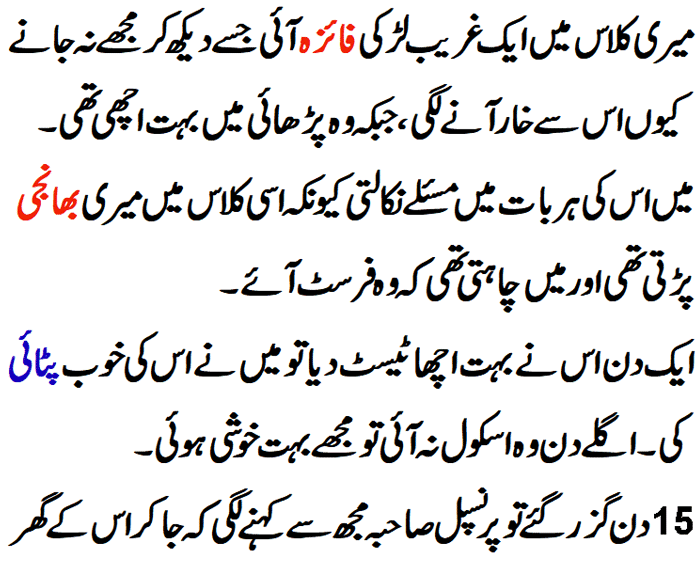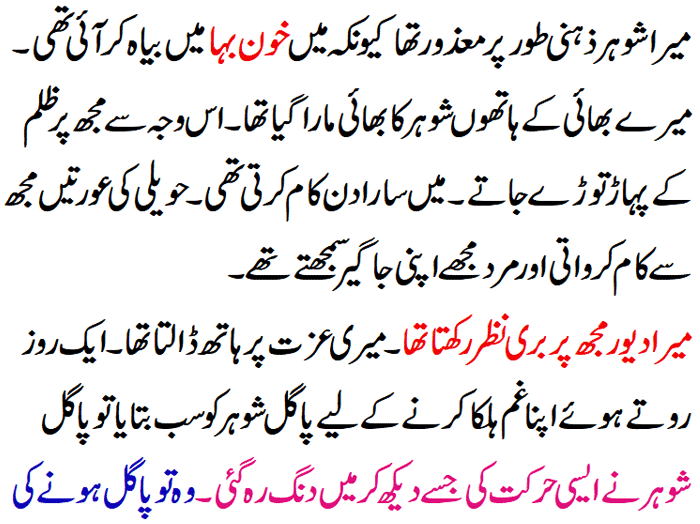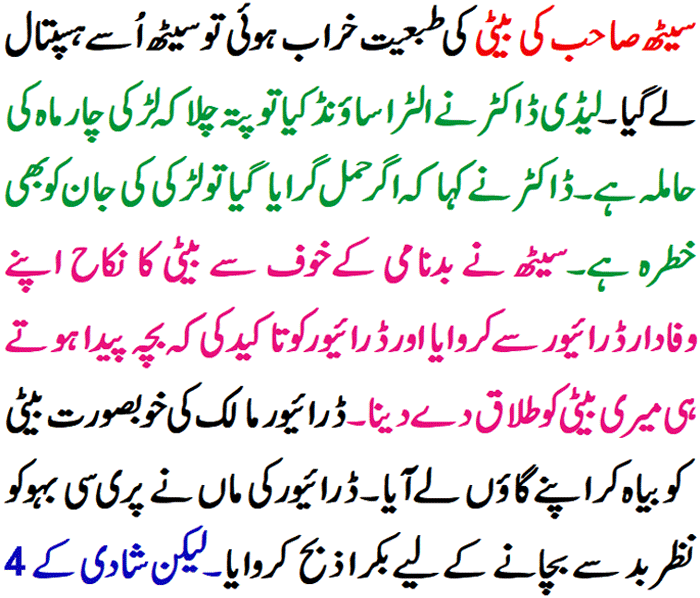
Losing weight can be a challenging journey, but understanding the right foods to eat, how to eat, when to eat, and how much to eat can make a significant difference. With the right approach, you can achieve your weight loss goals healthily and sustainably.
Best Foods to Eat to Avoid Weight Gain
Vegetables: Vegetables are low in calories and high in nutrients, making them an ideal choice for weight loss. Leafy greens like spinach, kale, and Swiss chard are particularly beneficial. They are high in fiber, which helps you feel full and satisfied without consuming a lot of calories.
Fruits: Fruits are naturally sweet and packed with vitamins, minerals, and fiber. Berries, apples, oranges, and pears are great options as they have a high water content and are low in calories. Avoid fruit juices and dried fruits, as they can be high in sugar and calories.
Whole Grains: Whole grains like brown rice, quinoa, oats, and whole-wheat bread provide essential nutrients and are more filling than refined grains. They help regulate blood sugar levels and keep you feeling full longer.
Lean Proteins: Protein is crucial for building muscle and maintaining a healthy metabolism. Opt for lean protein sources such as chicken breast, turkey, fish, tofu, and legumes. These foods are low in unhealthy fats and high in nutrients.
Healthy Fats: Not all fats are bad. Healthy fats from avocados, nuts, seeds, and olive oil can help you feel satiated and reduce cravings. These fats support overall health and should be consumed in moderation.
Legumes and Beans: Beans, lentils, and chickpeas are excellent sources of protein and fiber. They help keep you full and provide essential nutrients without adding excessive calories.
How to Eat
Mindful Eating: Pay attention to what you eat and savor each bite. This helps you recognize when you are full and prevents overeating. Avoid distractions like watching TV or using your phone while eating.
Balanced Meals: Aim for balanced meals that include a mix of protein, healthy fats, and complex carbohydrates. This ensures you get a variety of nutrients and helps maintain energy levels throughout the day.
Portion Control: Be mindful of portion sizes. Using smaller plates can help you control portions and prevent overeating. Listen to your body’s hunger and fullness cues rather than eating until the plate is clean.
When to Eat
Regular Meal Times: Establish a regular eating schedule. Eating at consistent times each day can help regulate your appetite and improve digestion. Avoid skipping meals, as this can lead to overeating later in the day.
Breakfast: Don’t skip breakfast. A nutritious breakfast kickstarts your metabolism and provides energy for the day. Opt for a balanced meal with protein, healthy fats, and complex carbs, like oatmeal with nuts and berries or a smoothie with spinach, banana, and protein powder.
Eating Before Bed: Avoid heavy meals close to bedtime. Eating late at night can disrupt sleep and lead to weight gain. If you’re hungry before bed, opt for a light snack like a small piece of fruit or a handful of nuts.
How Much to Eat
Calorie Needs: Determine your daily calorie needs based on your age, gender, weight, height, and activity level. Use this as a guideline to ensure you are not consuming more calories than your body needs.
Moderation: Practice moderation in your eating habits. It’s okay to enjoy your favorite foods occasionally but balance them with healthier choices. This prevents feelings of deprivation and helps you maintain a sustainable eating pattern.
Hydration: Sometimes thirst is mistaken for hunger. Drink plenty of water throughout the day to stay hydrated and help control your appetite. Aim for at least eight 8-ounce glasses of water daily, more if you are active or live in a hot climate.
Snacking: Choose healthy snacks like fruits, vegetables, nuts, or yogurt. Avoid sugary and high-calorie snacks that can lead to weight gain. Keep portions small and snack only when you’re genuinely hungry.
Additional Tips for Weight Loss
Exercise Regularly: Combine healthy eating with regular physical activity. Aim for at least 150 minutes of moderate-intensity exercise or 75 minutes of vigorous-intensity exercise per week. Activities like walking, jogging, swimming, or cycling can help burn calories and improve overall fitness.
Sleep Well: Ensure you get enough sleep. Poor sleep can disrupt hormones that regulate hunger and appetite, leading to weight gain. Aim for 7-9 hours of quality sleep each night.
Stress Management: Manage stress through activities like meditation, yoga, or deep breathing exercises. Stress can lead to emotional eating and weight gain, so finding healthy ways to cope is crucial.
Plan: Plan your meals and snacks ahead of time to avoid unhealthy choices. Prepare healthy meals at home and pack nutritious snacks for when you’re on the go.
Support System: Surround yourself with supportive friends and family who encourage your healthy habits. Joining a weight loss group or working with a nutritionist can provide additional motivation and guidance.
In conclusion, achieving weight loss involves a combination of eating the right foods, understanding how and when to eat, and controlling portion sizes. By incorporating these practices into your daily routine, you can reach your weight loss goals healthily and sustainably. Remember, it’s about making long-term lifestyle changes rather than following a temporary diet. Stay patient and consistent, and you’ll see the results over time.






